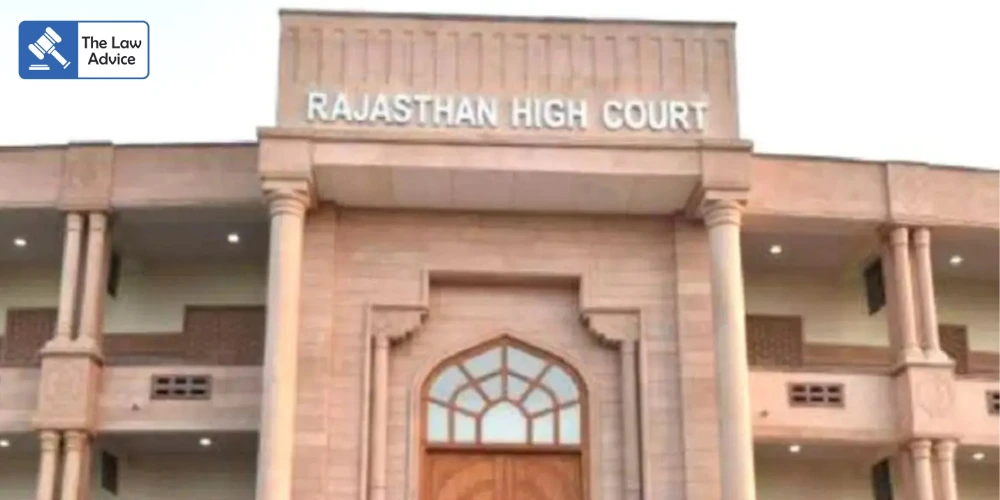
In a significant ruling on the protection of elected representatives, the Rajasthan High Court set aside the suspension of the Chairman, Municipal Board, Jaitaran, who had been suspended over alleged irregularities in the issuance of pattas (land allotment documents). The Court held that suspension of a public representative on the basis of mere complaints or suspicions, without concrete proof of corruption, would be harmful both to the democratic process and to the interests of the electorate.
Justice Kuldeep Mathur, delivering the judgment, observed that elected officials are expected to function with the assistance and advice of government officials. When files are processed and presented after due examination by the administration, the representative is ordinarily justified in relying on them unless there is compelling evidence to the contrary.
The Court emphasized that suspending an elected representative solely on the basis of unsubstantiated allegations would not only deprive the official of their full tenure but also undermine the will of the people who had chosen them. As the Court explained:
“If a public representative is allowed to be suspended on mere complaints or suspicion of committing irregularities without any specific allegation of corruption or proof in support thereof, then the same would not only be against the wishes of the public at large which had elected him but will also be detrimental to his own interest as he would not get full tenure in the office to discharge the public work for which he has been elected.”
The Bench clarified that the power to suspend is discretionary and cannot be exercised mechanically. It must be invoked cautiously, and only where credible evidence of misconduct exists.
The petitioner, Ramswaroop Bhati, had initially been suspended on charges of irregularities in the issuance of pattas. That suspension order was stayed by the Court. However, he was later suspended again following a second complaint alleging that he had illegally sanctioned pattas for 58 residential plots, purportedly in violation of the master plan and the Township Policy, 2010.
His counsel argued that the report of the Executive Officer of the Municipal Board had not reached any clear or definitive finding regarding illegality. Nonetheless, relying on this inconclusive report, the State authorities proceeded with his suspension.
Justice Mathur underscored that mere possession of the power to suspend does not justify its use in every case. Instead, the power should be exercised judiciously and in exceptional circumstances, especially where the allegations are serious and backed by evidence.
In the present case, the Court found that such a threshold was not met. While quashing the suspension, it directed the State to seal the entire record of the proceedings and place it before a judicial officer, who would conduct an expeditious judicial inquiry into the allegations.
The petition was accordingly allowed, and the suspension order against the Municipal Chairman was set aside, reaffirming the principle that democratic mandates cannot be curtailed by unverified accusations.
Case Title: Ramswaroop Bhati v. State of Rajasthan & Ors.
Website designed, developed and maintained by webexy